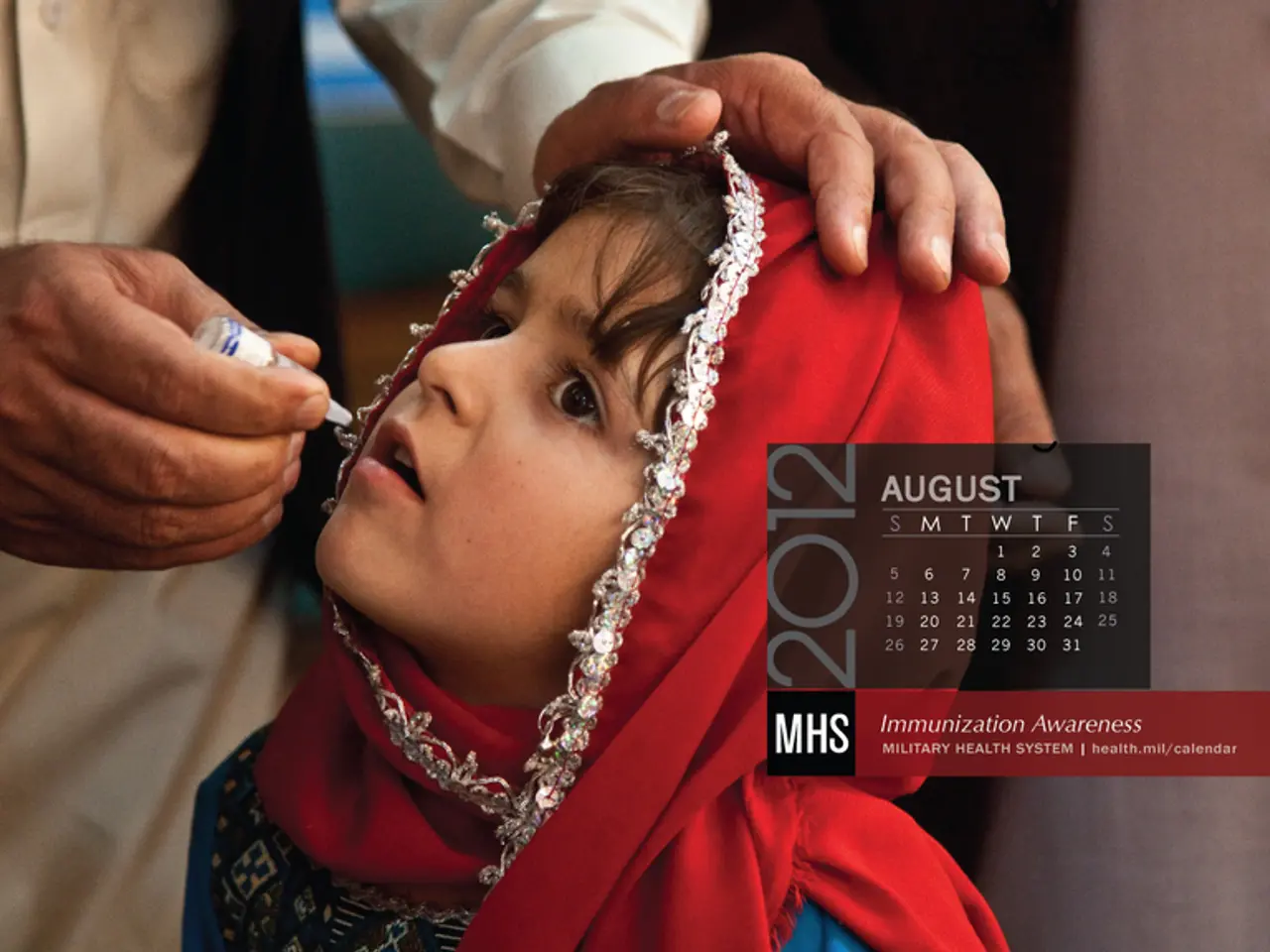CDC directors were forced out by RFK over disagreements on scientific findings, claims ousted official
The Centers for Disease Control and Prevention (CDC) is facing criticism for undermining public health and putting Americans at risk, following a series of controversial decisions made under the leadership of Robert F. Kennedy Jr. Susan Monarez, the former CDC director, testified that she was fired by Health and Human Services Department Secretary Robert Kennedy over two major disagreements. Monarez expressed concern about decisions being made without the best available data and evidence, and about HHS' political leadership sidelining career staff. Kennedy has been accused of demanding that Monarez fire career employees and of directing her not to speak to any career employee. Monarez's allegations generated bipartisan concern, with Sen. Bill Cassidy, R-La., expressing concern about turmoil at the top of the CDC. One of the most contentious decisions made under Kennedy's leadership was the firing of all existing members of the Advisory Committee on Immunization Practices and the installation of his own nominees. Many of these nominees have sparked pushback over their lack of scientific backgrounds. Kennedy has also reportedly stated that CDC employees are horrible people and are killing children without care. Debra Houry, who served as CDC's chief medical officer, resigned after Monarez's firing, citing censorship of CDC science, politicization of its processes, and stripping leaders of independence. Houry also testified that CDC leaders were reduced to rubber stamps, supporting policies not based in science, and putting American lives at risk. The staff reductions at the CDC have reportedly had significant impacts. A fraction of those workers have since been recalled, but the reductions have resulted in less readiness for responding to a novel pathogen and less visibility into global pathogens, according to Monarez's statements. Sens. Susan Collins, R-Maine, and Lisa Murkowski, R-Alaska, expressed distress over HHS' political leadership sidelining career staff. Monarez emphasized that she was open to signing off on changes to the vaccine schedule for children, but had to first evaluate the evidence that precipitated the alterations. Kennedy's actions have sparked concern among lawmakers and public health experts, who fear that the politicization of the CDC could have serious consequences for public health. Monarez stated that such decisions could put children and others who need vaccines at risk. The CDC has shed one-quarter of its staff since Trump took office, with mass layoffs of 2,400 employees. This has raised concerns about the agency's ability to respond effectively to public health crises, such as the ongoing COVID-19 pandemic. The controversy surrounding the CDC's leadership and decision-making processes is a reminder of the importance of maintaining the independence and integrity of public health institutions. It is crucial that decisions about public health are based on the best available data and evidence, and that career staff are able to speak freely and openly about their concerns.
Read also:
- Nutrient-Packed Wonders: Why Sardines Deserve Respect for Their Health Benefits
- Assessing the Importance: Deciphering the Meaning Behind an Attention Deficit Hyperactivity Disorder (ADHD) Diagnostic Examination
- Residential citizens call for restoration of healthcare control from East Germany regime
- Unsuccessful efforts in uncovering the reasons behind marital dissolution in MV





